The relevant introduction of the University of Lubumbashi is as follows:
Basic Information
Establishment time: Founded by the University of Liege in 1955, it was then called the Official University of Congo and Rwanda-Urundi, and officially opened in 1956.
School location: Located in Lubumbashi, Haut-Katanga Province, Democratic Republic of the Congo, the campus is in the north of the city and west of the airport.
Institutional nature: public, non-profit university.
Teaching language: French.
Historical evolution
1955-1960: In the early days of its establishment, it was small in scale, with only a few hundred students, but by the time Congo became independent in 1960, it had become one of the major universities in Africa.
1960-1971: During the turbulent period after Congo's independence, the school's development was disrupted by political instability and civil war, and it was forced to close many times, and the number of students dropped sharply.
1971-1981: In 1971, the university merged with several other universities to form the National University of Zaire, but after the merger, it was poorly managed and underfunded, and its academic level was affected.
1981 to present: In 1981, the university became an independent university again and has since experienced significant development, with the expansion of academic courses, the increase of enrollment, and the improvement of research facilities.
School Strength
Faculty: No exact data, but as one of the largest and most prestigious universities in the Democratic Republic of the Congo, it has a large and professional faculty.
Student size: The number of students is between 10,000-14,999.
Curriculum: It offers preparatory, undergraduate, master's and doctoral courses at multiple levels, covering humanities and arts, business and social sciences, medicine and health, science and technology, engineering and other fields.
Educational philosophy
Committed to providing high-quality education, focusing on cultivating students' professional knowledge, innovation and social responsibility, and cultivating talents who can promote social progress and economic development for the Democratic Republic of the Congo and the wider region.
Key disciplines and departments
Departments: There are departments of literature, social politics and management, science and engineering, science, and veterinary medicine.
Key disciplines: Mining engineering-related disciplines have a high influence in the local area and Africa. Relying on the rich mineral resources in the Katanga region, they have unique advantages in teaching and scientific research. Medicine, law, economics and other disciplines also have a deep academic accumulation and a good development foundation, and have trained a large number of professional talents for the society.
Ranking
UniRank ranking: 2nd in the Democratic Republic of the Congo and 10784th in the world.
Expenses
There is currently no public information on tuition fees and other fees. You can contact the school for detailed consultation. The school phone number is: +243 263 22 5403. The email address is not mentioned yet.
Campus environment
The campus is urban style and covers a large area. There are modern teaching buildings, libraries, laboratories and other teaching facilities on campus. The campus is surrounded by the urban environment of Lubumbashi City, with convenient transportation and relatively complete living facilities, providing students with good learning and living conditions.
-
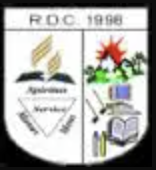
Adventist University of Lukanga
-
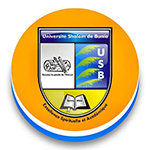
University Shalom of Bunia
-
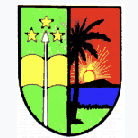
University of Kisangani
-
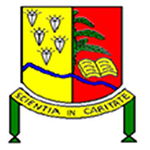
University of Mbuji Mayi
-
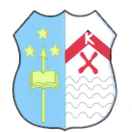
University of Kamina
-
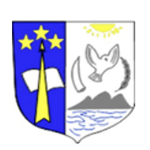
University of Goma
-
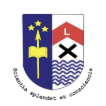
University of Lubumbashi
-
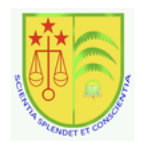
Free University of Kinshasa
-
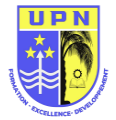
National Pedagogical University
-
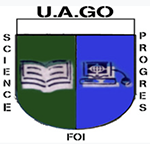
Adventist University of Goma
-

Mesoamerican University
-

Istmo University
-

Mariano Galvez University of Guatemala
-

Regional University of Guatemala
-

Galileo University
-

Francisco Marroquín University
-

Rafael Landívar University
-

University of the Valley of Guatemala
-

University of San Carlos of Guatemala
-

Technological Institute of Tlaxcala Plateau
-

Golfo University
-

Technological University of South Sonora
-

Technological University of Huejotzingo
-

Tizimín Institute of Technology
-

Chilpancingo Institute of Technology
